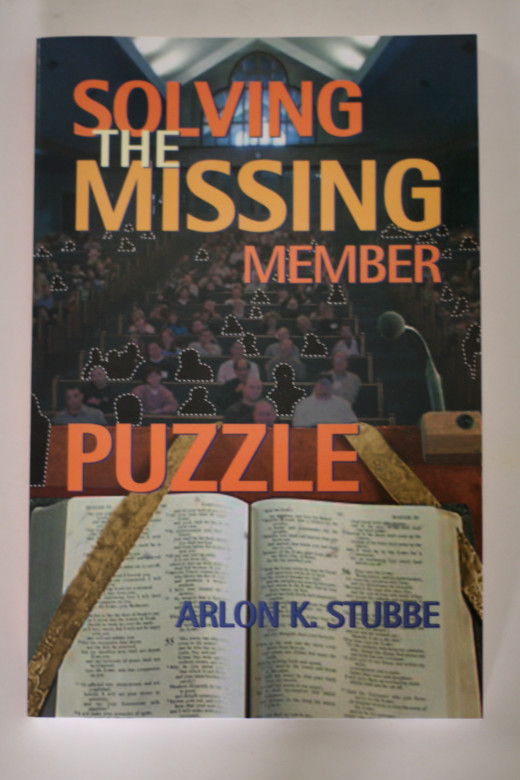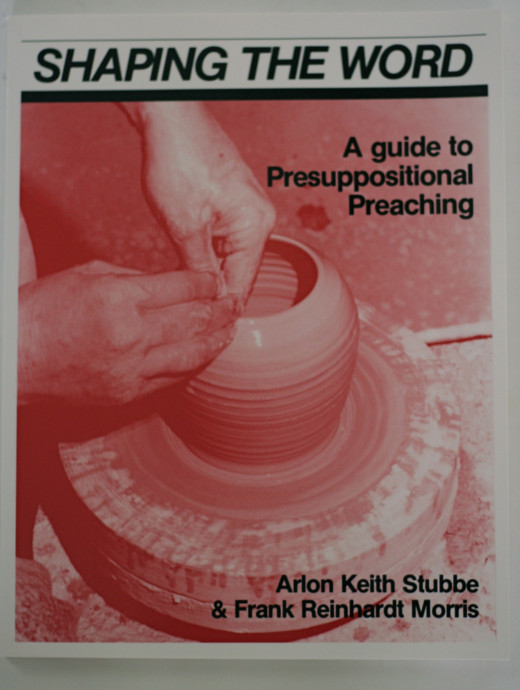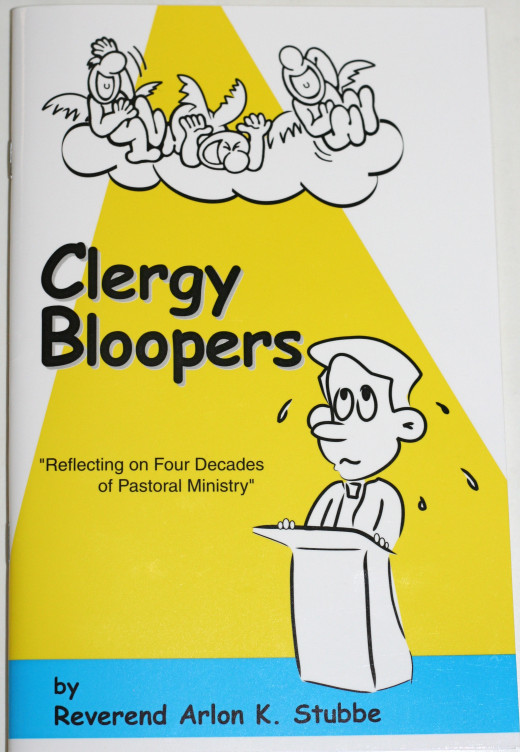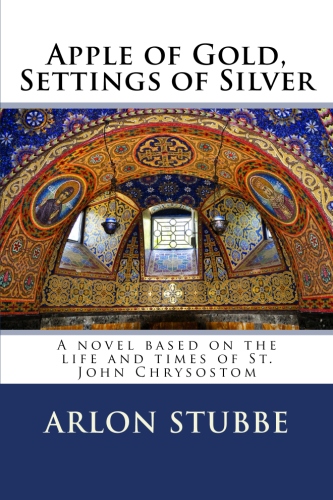Writing Hints
10 Tips to Make Your Writing Easier
My recent hub titled “The Path to Self-Publishing” got some attention, along with requests from two hubbers to ‘say more about writing’ and ‘get more specific about resources and methodology” for self-publishing. This article addresses that first wish, while a follow-up hub will deal with the mechanics of putting together a print-on-demand book.
I assume that being asked to say more about writing means just what it says: how to write, what hints and suggestions I might have for other writers (or wanna-be’s), and how to cope with common frustrations and roadblocks.
First, let me state my qualifications (such as they are) before offering my thoughts. I am by no means a well-known or successful author, if in your mind that means selling hundreds of thousands of copies and earning a living by chaining myself to a computer to spew out the next NYT’s best-seller. (It’s amazing to me how people who are already wellknown or are in the public eye get published easily, not always because what they write is that good). But I do have a track record of sorts.
My first three books were non-fiction. The Phantom Church was a rewrite of my doctoral dissertation detailing why church members become inactive and what to do about it (clue: two sets of 19 attitudes set apart those I termed “proactive” and others I called “reactive” members.) That book sold fairly well, enough so that CSS Publishing asked me to update it a few years later and allow them to sell it on Amazon.com. Several thousand copies of that rewrite called Solving The Missing Member Puzzle sold—including copies of the original version—and both are still available from the publisher and on Amazon.com.

My second book, co-authored with a psychotherapist friend, deals with ways to make the language of preaching more powerful (it’s a work book that’s also useful for any kind of public speaker, by the way). Shaping the Word was self-published, long before POD appeared on the scene.

A third book, still non-fiction but smaller, is a collection of humorous stories—true events that happened during my 41 years of active parish ministry. Clergy Bloopers was printed using a subsidiary of my first publishing house. Books two and three are available only from myself, except for a few used copies listed on Amazon.

So, my first attempts at getting published all took the non-fiction route and drew on my training and experience as a parish pastor/counselor. In addition, I’ve written and delivered over 2,500 sermons throughout my career (‘yes,’ I wrote them all—and ‘no,’ I never copied other people’s sermons or bought them off the internet!). In addition I’ve written poetry (one poem published), wrote op-ed pieces for two local newspapers, and spent 18 months as part of a creative writing group on a Penn State campus.
That’s my history in writing, other than to say I’ve always read a lot, love novels and had an “itch” to write something in book form someday. As retirement drew closer, I began to drift toward trying my hand at fiction instead, and when I came up with the idea of doing a historical novel on the life and times of St. John Chrysostom (now out as Apple of Gold, Settings of Silver) I was hooked on fiction.

So, my first attempts at getting published all took the non-fiction route and drew on my training and experience as a parish pastor/counselor. In addition, I’ve written and delivered over 2,500 sermons throughout my career (‘yes,’ I wrote them all—and ‘no,’ I never copied other people’s sermons or bought them off the internet!). In addition I’ve written poetry (one poem published), wrote op-ed pieces for two local newspapers, and spent 18 months as part of a creative writing group on a Penn State campus.
That’s my history in writing, other than to say I’ve always read a lot, love novels and had an “itch” to write something in book form someday. As retirement drew closer, I began to drift toward trying my hand at fiction instead, and when I came up with the idea of doing a historical novel on the life and times of St. John Chrysostom (now out as Apple of Gold, Settings of Silver) I was hooked on fiction.
With all that as prelude, here are my thoughts on writing. These hints are mine, but they aren’t original by any means. You can find most of them stated also by any well-known author who comments on writing, but listing them here in one batch might be helpful:
#1 – WRITE ABOUT FAMILIAR THINGS. Draw on your own life experiences, background, interests, jobs, training, and skills. None of my books are “churchy,” but they all draw on my pastoral experience in one way or another. In addition motel rooms fascinate me, so Room 219 uses that as a linking motif. I played basketball while in school (both public and church leagues) and liked the Chicago Bulls, and as a result all of that plays a big part in Breton Heights. I like history, hence the work above on Chrysostom and I love traveling in Europe; therefore Florence, Italy made a wonderful setting for a couple’s honeymoon in that same book.
#2 – WRITE FROM THE GUT. If it doesn’t feel right, it probably isn’t. My wife has a common question she poses to any family member about any decision: ‘What does Mr. Tummy say?’ That same query works well, I’ve found, with my writing. If a scene or character or name or plot line just doesn’t “feel right,” then I dump it.
#3 - LET IT SIMMER. Write a section (long or short, it doesn’t matter) and then get away from it for a while. Sometimes all you need is a 15- or 30-minute break. At other times a day or two helps, now and then a month’s interlude or longer. When you haven’t read over what you’ve written for a period of time, it’s amazing how objective you are about what you’ve written when you come back to it. It’s also incredible how quickly you’re able to spot technical errors and mistakes.
#4 – REWRITE, REWRITE, REWRITE. Just as ‘location’ to the third power is the name of the game in real estate, so rewriting is the bottom line for authors . . . at least it is for me. I go over and over passages ad nauseum in order to drop words, switch metaphors, excise adverbs, and catch misspellings (for instance, when proofing both print and e-book versions of Apple of Gold recently I found 5 misspelled words—even though that book is 456 pages and 192,000 words long, and I’d rewritten/re-read it at least a hundred times before that!)
#5 - WHEN WRITER’S BLOCK HITS, KEEP GOING. I’ve found three methods helpful when I stall: a) just write something, anything—rather than sit there and stare at a blank page; b) take a walk (for me that works wonders; it’s also Louise Erdrich’s magic pill, that and driving somewhere, she says); c) sleep on it and come back the next morning; either your ‘dream fairy’ will enlighten you, or a solution will come later when you least expect it.
#6 – READ A LOT OF BOOKS. For years I discounted that advice from other writers, but eventually it dawned on me that good poets and writers are very familiar with history, a wide range of literature down through the ages, and other writers’ work. So now I read a lot. In 2012 I finished 30 books; so far the count this year is 27. It doesn’t matter what you read, just read. Pay attention to different styles, soak up details and facts, but mostly let yourself be intrigued by what and how other people write. And don’t overlook badly written books; they can teach you a lot about what not to do.
#7 – STUDY GOOD AUTHORS’ WORKS AND LEARN AT LEAST ONE THING FROM EACH OF THEM. Some insights from a few of my favorite authors are these: Cormac McCarthy uses lots of unfamiliar words (in just one of his novels I found 73 words I’d never heard before, and looked them up in a dictionary); T.C. Boyle writes very lo-o-o-ng sentences (a no-no by other people’s standards, but it works for him); Barbara Kingsolver and Louise Erdrich write about people and places familiar to them; Wally Lamb develops plots and characters that weave a compelling storyline; Larry McMurtry has written both westerns about the 1880’s and contemporary fiction (I think he’s really good at the first, so-so in writing about the 20th century—which raised the question, ‘What topics and eras suit me best?’ and Tom Perrotta says that dialogue comes easy to him, but that writing description/narrative passages is work (me too!) Finally, Robert Frost (my favorite poet) is fond of throwing you a curve ball when you least expect it; check out his poem “Away” to see what I mean.
#8 – READ BOOKS AND ARTICLES ON WRITING. Every author who is willing to write about writing will have something to say that’s useful to you. Here are a few works that spoke to me: You Can Write a Novel by James V. Smith, Jr; The Spiral Staircase by Karen Armstrong; Wormholes by John Fowles (of modest help); Peeling the Onion by Günter Grass; and On Writing by Stephen King (one simple comment in it was worth the price of the whole book to me, when he warned against self-editing or holding back for fear of what people might think, saying: “After all, this isn’t church.”).
#9 – CHECK THE BACK SECTION OF NEWER PAPERGACKS FOR INTERVIEWS WITH THE AUTHOR. Often writers comment on particular scenes in the book and tell why/how that came about, or describe the struggles they went through in writing those passages. Whenever the author ‘bares his/her soul’ like that, pay attention; they could be speaking directly to you!
#10 - READ WHAT YOU'VE WRITTEN. I assume you've read your work already, dozens of times--word by word, sentence by sentence, paragraph by paragraph and chapter by chapter. Maybe you've even read the entire book a few times. But have you ever read parts of it aloud? After all, language was meant to be heard and for centuries people spoke without having a written language. Besides that, what you write will come across in a new way when you (or someone else) reads it out loud. That's especially true about dialogue. So hear how what you've written sounds. It may mean changing a few words, or dropping something, to get the rhythm and timing just right. But then, you want it right . . . right?
Much more could said about writing, and has been. But these nine hints should whet your appetite at least, make you want to learn more—and above all, encourage you to Keep Writing.








